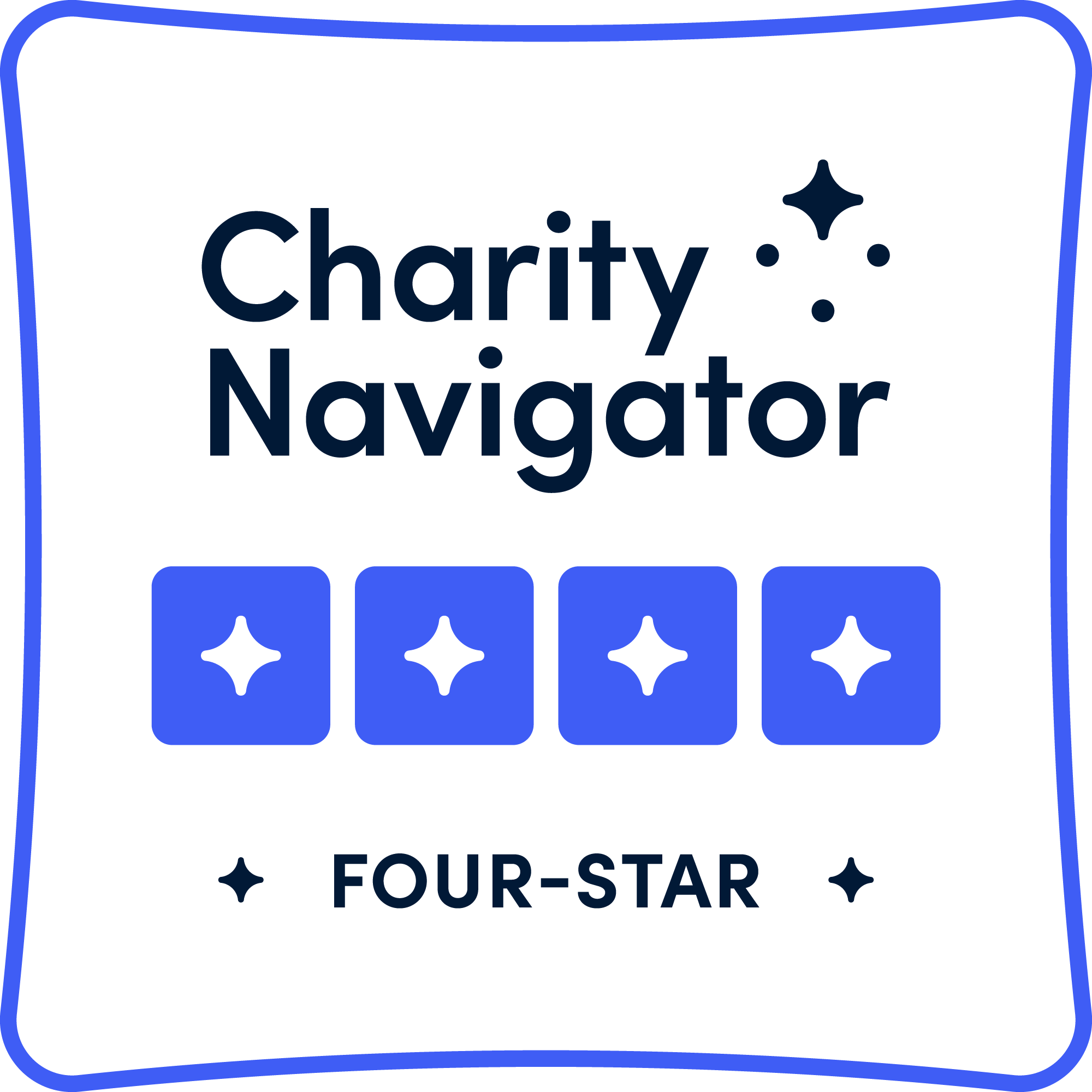Amyloidosis Forum launches series on novel endpoints and clinical trial design
The Amyloidosis Forum has launched a series of virtual meetings to focus on Novel Endpoints and Analyses for Clinical Trials in AL amyloidosis. The first meeting of the series took place on October 15th, 2020.
The meeting was moderated by Dr. Preston Dunnmon, Medical Team Leader (acting) in the Division of Cardiology and Nephrology, US Food and Drug Administration (FDA), and Spencer Guthrie, CEO of Attralus, Inc. The meeting was held in a virtual format and consisted of presentations and panel discussions. The goal of the first meeting was to gain an understanding of novel endpoints and analyses used in other multi-systemic rare disease trials and identify potential applications to drug development for AL Amyloidosis, which will be further explored in small working groups and subsequent meetings.
The multidisciplinary panel was comprised of leading physicians, statisticians, and representatives from the FDA, MHRA, and pharmaceutical companies (https://amyloidosisforum.org/panelists). More than 200 attendees logged on to view presentations and pose questions to the panelists during moderated discussions. A copy of the agenda can be seen here: (https://amyloidosisforum.org/agenda-2/).
The meeting was kicked off by Isabelle Lousada, CEO and Founder of the Amyloidosis Research Consortium, who provided an overview of the goals and structure of the meeting series. Dr. Dunnmon provided context for the challenges posed in clinical trials conducted in rare disease populations and introduced the concept of using ranked analysis to improve the resolution of small datasets. Two potential approaches to analysis of composite endpoints were presented. Dr. Emil Kakkis, CEO and Founder of Ultragenyx Pharmaceutical, Inc., provided an overview of the Multi-Domain Responder Index as an approach to managing the challenges of heterogeneity in multi-systemic rare diseases. Dr. David Schoenfeld, Professor, Department of Biostatistics at the Harvard TH Chan School of Public Health, presented the Finkelstein-Schoenfeld method for analysis of multiple outcomes in chronic/life-threatening diseases where survival is a key endpoint.
To set the stage for the panel discussion, Dr. Mathew Mauer, Cardiologist and Medical Director, The HCM Center at New York-Presbyterian Hospital/Columbia University Medical Center, described an application of the Finkelstein-Schoenfeld Method for analyzing endpoints in the ATTR-ACT trial, conducted in patients with the amyloid disorder, transthyretin amyloid cardiomyopathy. Dr. Ashutosh Wechalekar, Senior lecturer/honorary consultant hematologist, University College London and the Royal Free London NHS Foundation Trust, introduced many of the challenges in selecting study populations and appropriate endpoints for clinical trials in AL amyloidosis.
The panel discussed the benefits and potential limitations of each analysis method, particularly with respect to survival as an endpoint. The moderators challenged the panel to think laterally about inclusion of hematological responses in a composite analysis. The panel considered the importance of patient benefit relative to surrogate markers of disease pathophysiology with respect to development of new treatments. The panel also discussed the challenges of determining a minimally important difference for each component of a composite analysis and approaches to inclusion of patient-reported outcomes and other health-related quality of life instruments.
Following the panel discussion, the audience had a unique opportunity to hear general perspectives on regulatory approaches to multisystemic rare diseases from both the US FDA and the Medicines and Healthcare Products Regulatory Agency (MHRA) in the United Kingdom. Dr. Dunnmon described the legal framework by which FDA requires substantial evidence of effectiveness and reiterated some of the required characteristics of surrogate and efficacy endpoints. David Brown, Expert Statistician, MHRA, discussed the precedent of single arm trials in the context of external controls and noted underpowered controlled trials may be the preferred approach in the multisystemic rare disease setting. Dr. Jialu Zhang, Division of Biometrics II, CDER, FDA, provided additional insights into ranking algorithms and clearly defining minimally important differences.
The panel followed with discussion on additional factors in complex statistical analyses, and whether individual patient-defined outcomes may be feasible. Overall, the moderators, panel, and participants were afforded a unique opportunity to innovate with leaders in the AL amyloidosis field and contribute to shaping a better future for patients whose lives have been affected by this complex disease.
The presentations, discussions, and questions posed from attendees during this meeting will form the basis for specialized working groups to identify organ-specific endpoints as the next step toward development of a novel multi-domain endpoint for trials in AL amyloidosis. Each working group will be comprised of representatives from academia, regulatory authorities, statisticians, industry, and patients. The working groups will reconvene at the next Amyloidosis Forum meeting to be held in January 2021, to discuss the prioritized organ-specific endpoints that could potentially be used in a multidomain or composite endpoint.
An archived version of this meeting and the Inaugural Amyloidosis Forum can be found here.
About the Amyloidosis Forum
The Amyloidosis Forum is an initiative created by the Amyloidosis Research Consortium (ARC) in collaboration with the US Food and Drug Administration (FDA). This fits within the framework of our Public Private Partnership established to bridge gaps in knowledge and enhance the amyloidosis drug development process. The PPPs efforts are led by Isabelle Lousada, CEO and Founder of ARC, and Dr. Dunnmon who serves as the PPP liaison to CDER. To learn more about the Amyloidosis Forum, please visit: www.amyloidosisforum.org.
- Categories



